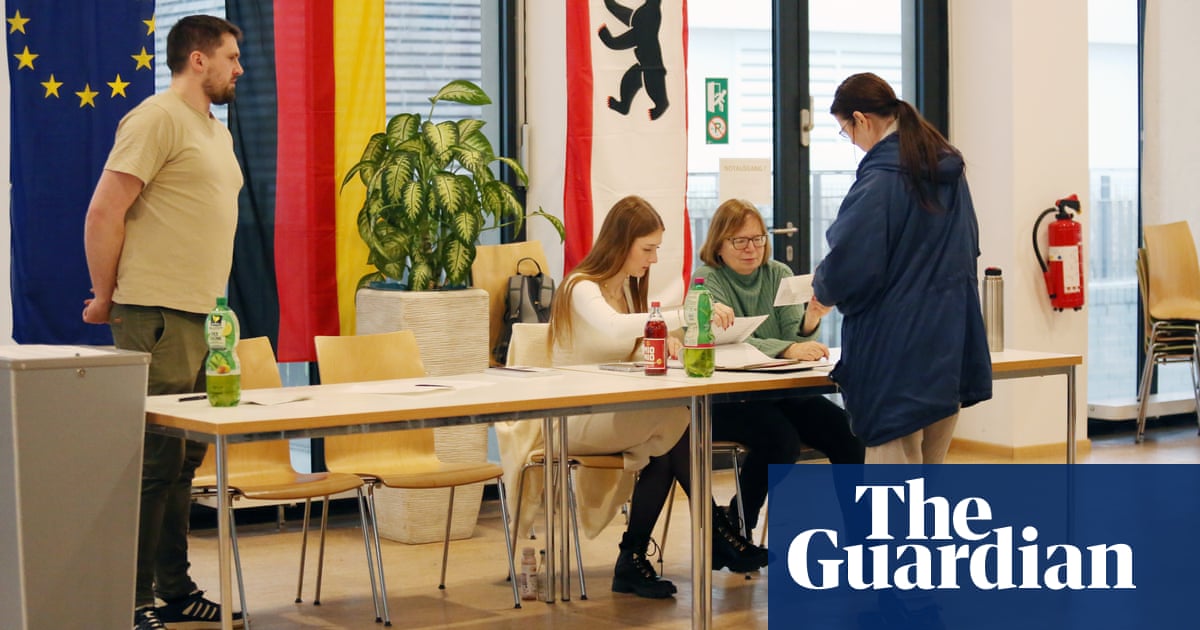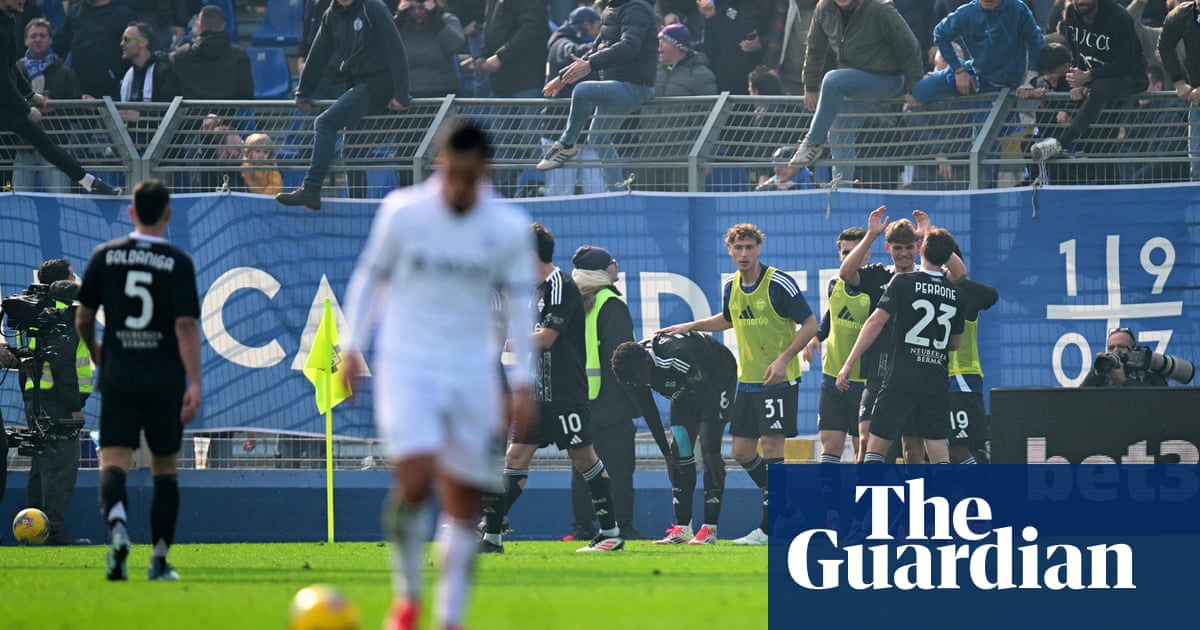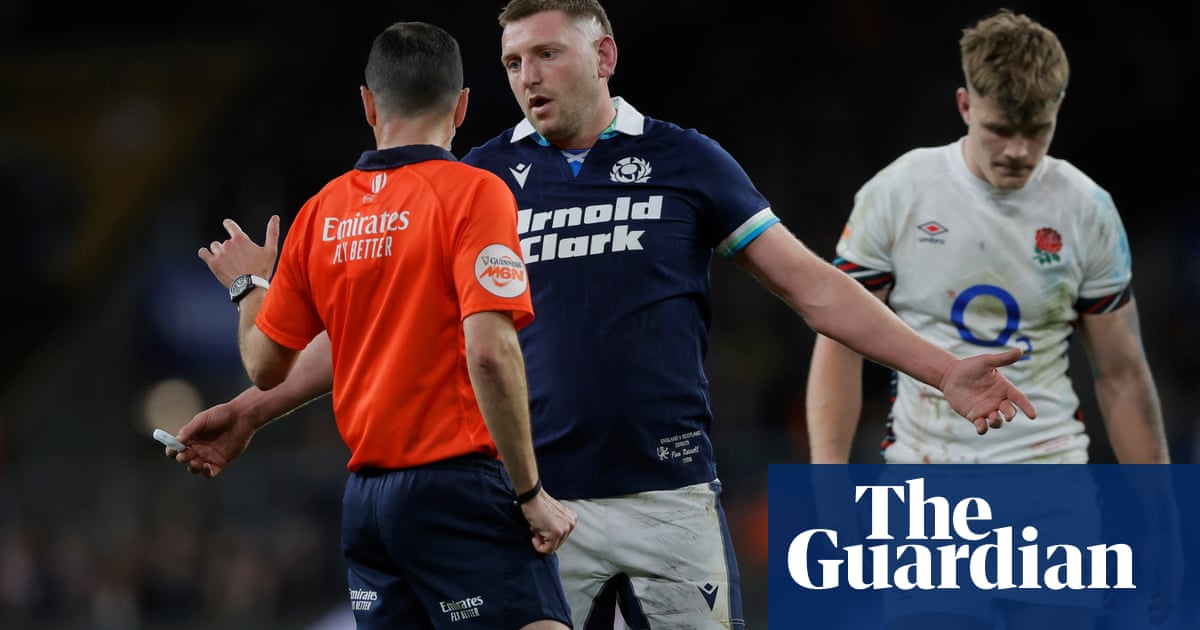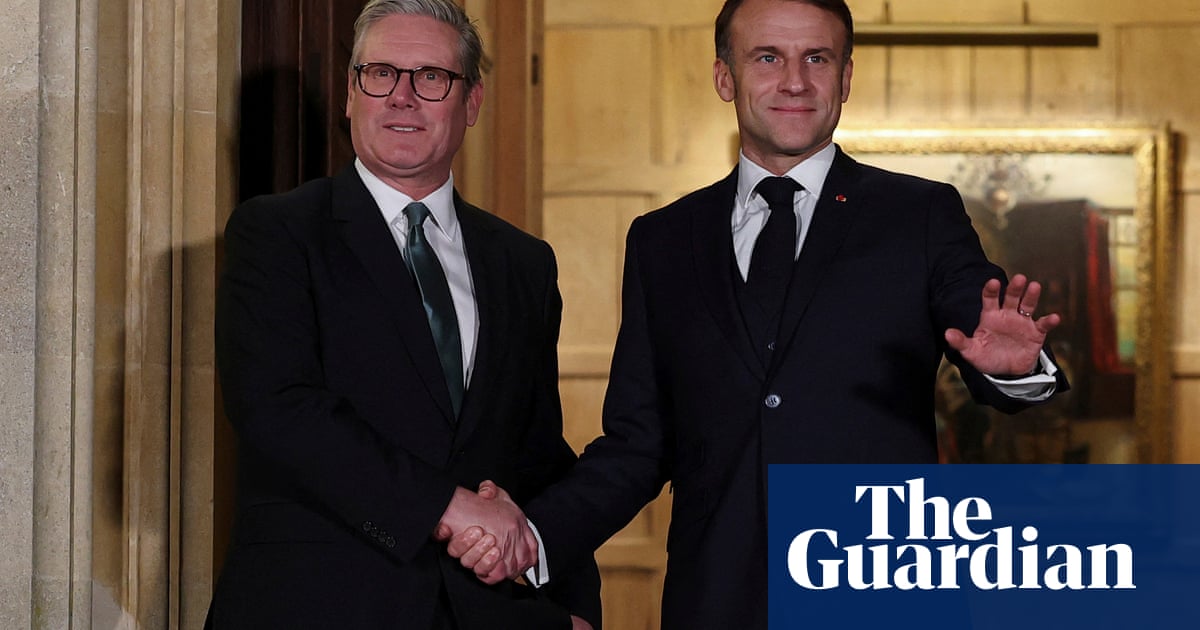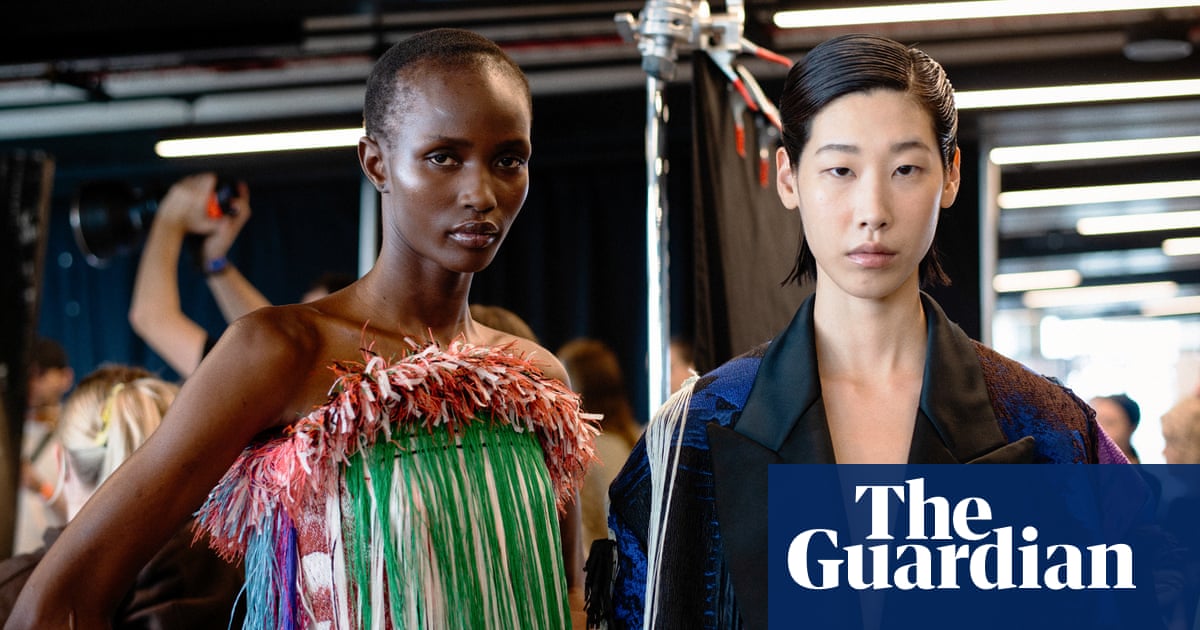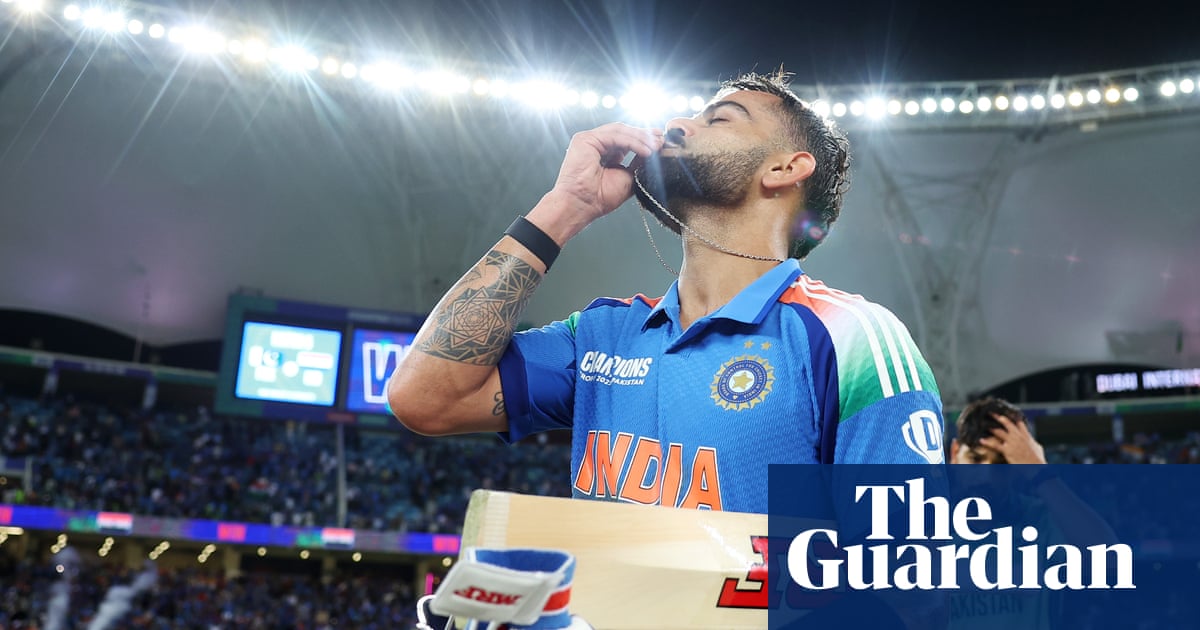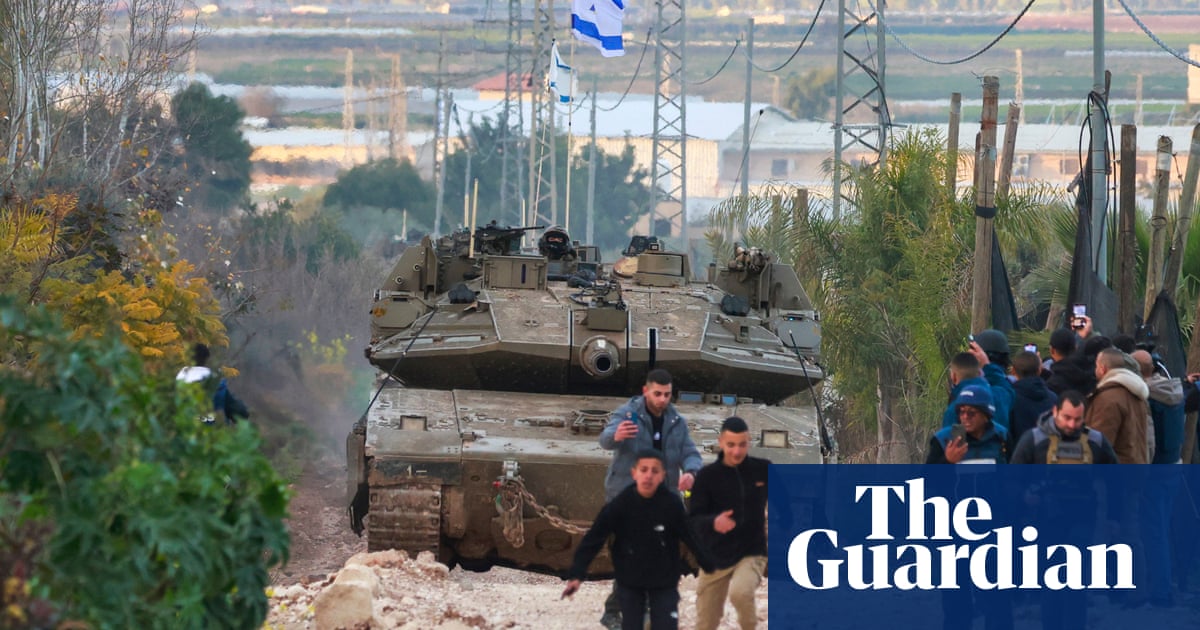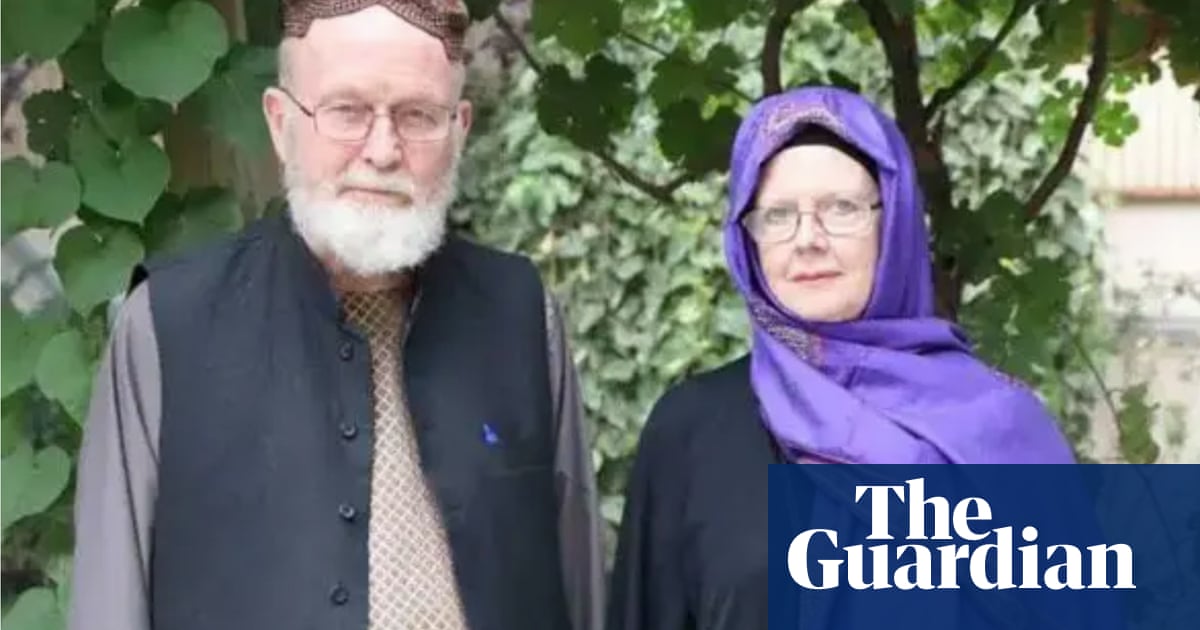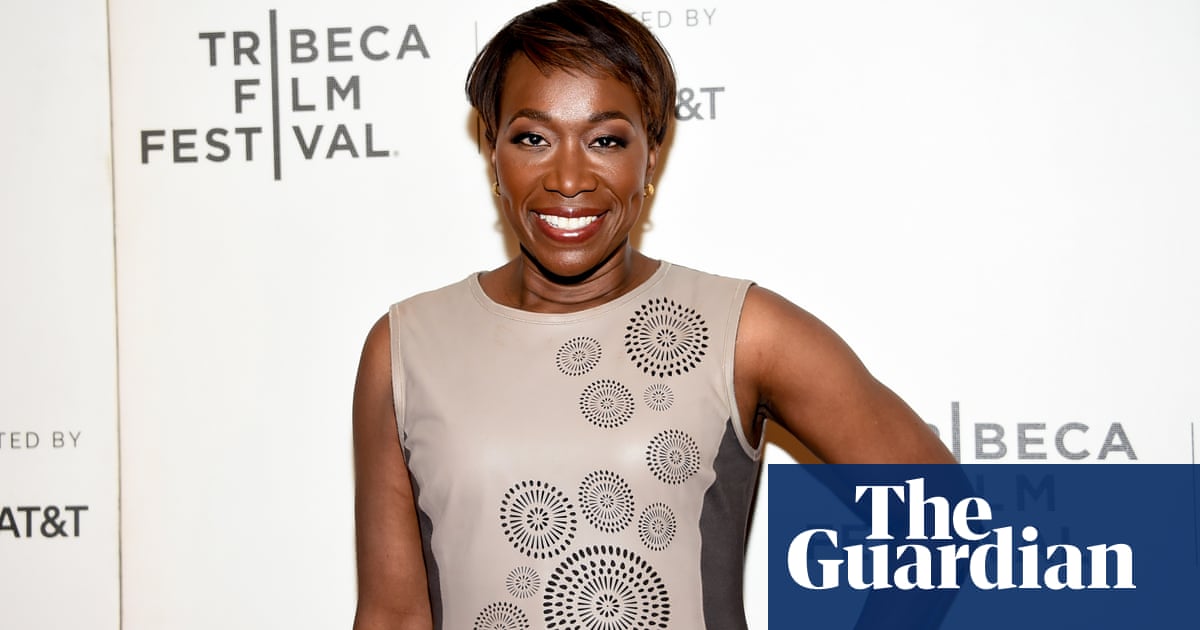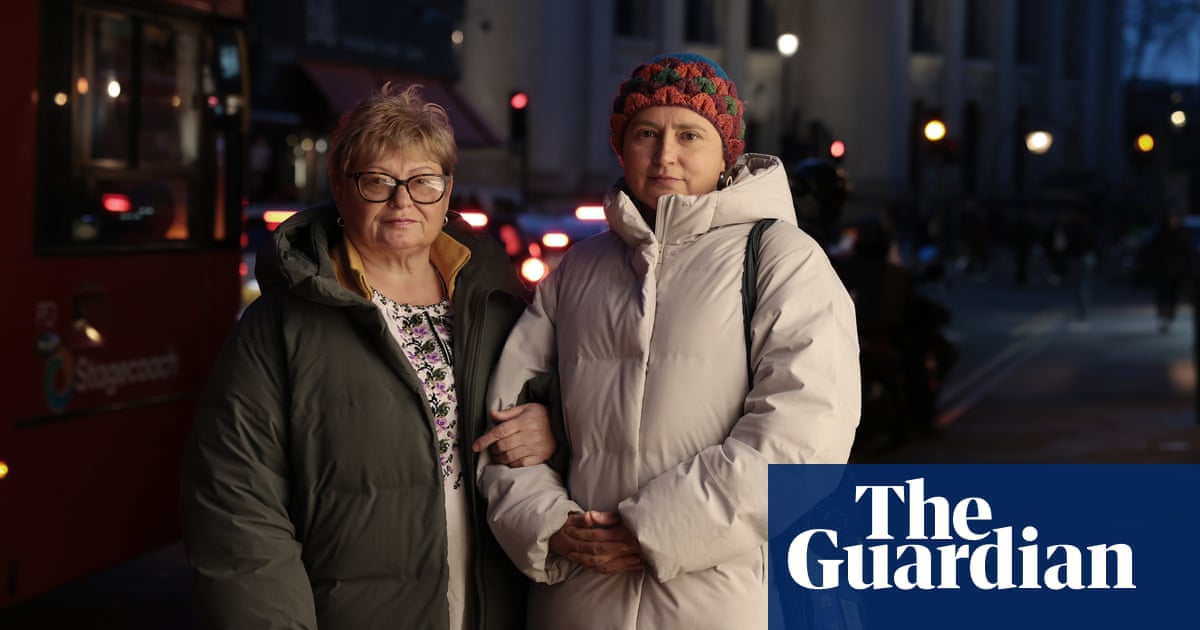South Korean president meets Ukraine delegation and calls for response to North Korean troops in Russia
Further to our previous post a Ukrainian delegation led by defence minister, Rustem Umerov, meeting South Korea’s president, Yoon Suk Yeol, the Associated Press (AP) has further details.
According to the AP, Yoon’s office said in a statement that the president hopes that Seoul and Kyiv will work out effective ways to cope with the security threat posed by the North Korean-Russian military cooperation including the North’s troop dispatch.

The Ukrainian delegation later met separately with Yoon’s national security adviser, Shin Wonsik, and defense minister, Kim Yong Hyun. During the meetings, Umerov briefed the South Korean officials on the status of the Russia-Ukraine war and expressed hope that Kyiv and Seoul will strengthen cooperation, the statement said.
It said the two sides agreed to continue to share information on the North Korean troops in Russia and North Korean-Russian weapons and technology transfers while closely coordinating with the US.
The AP reports that the South Korean statement did not say whether the two sides discussed Seoul’s possible weapons supply to Ukraine.
Key events Show key events only Please turn on JavaScript to use this feature
Russian deputy foreign minister, Sergei Ryabkov, said on Wednesday that the use of the new Oreshnik intermediate-range ballistic missile against Ukraine was needed to make Moscow’s voice heard, Reuters reports citing the state RIA news agency.
RIA reported Ryabkov as saying that Russia did not believe that the time for negotiations with the west had passed, but that it now needed to use stronger methods in order to get its point heard clearly.
South Korean president meets Ukraine delegation and calls for response to North Korean troops in Russia
Further to our previous post a Ukrainian delegation led by defence minister, Rustem Umerov, meeting South Korea’s president, Yoon Suk Yeol, the Associated Press (AP) has further details.
According to the AP, Yoon’s office said in a statement that the president hopes that Seoul and Kyiv will work out effective ways to cope with the security threat posed by the North Korean-Russian military cooperation including the North’s troop dispatch.

The Ukrainian delegation later met separately with Yoon’s national security adviser, Shin Wonsik, and defense minister, Kim Yong Hyun. During the meetings, Umerov briefed the South Korean officials on the status of the Russia-Ukraine war and expressed hope that Kyiv and Seoul will strengthen cooperation, the statement said.
It said the two sides agreed to continue to share information on the North Korean troops in Russia and North Korean-Russian weapons and technology transfers while closely coordinating with the US.
The AP reports that the South Korean statement did not say whether the two sides discussed Seoul’s possible weapons supply to Ukraine.
Ukraine defence minister in South Korea to discuss arms
Ukraine’s defence minister arrived in South Korea and is holding bilateral meetings, Kyiv said on Wednesday, after reports that officials from the countries would discuss potential South Korean military support for Ukraine.
Agence France-Presse (AFP) reports that the trip comes as South Korea signalled it could reverse a longstanding policy of not providing weapons to countries in conflict after revelations that North Korea had deployed thousands of troops to aid Russia’s war efforts against Ukraine.
The Ukrainian defence ministry confirmed to AFP that defence chief, Rustem Umerov, is already in South Korea and that “his meetings there are taking place”.
South Korean media had reported a planned meeting between Umerov and president Yoon Suk Yeol – though the presidential office declined to confirm to AFP.
The Ukrainian delegation was expected to “share intelligence on North Korea’s troop deployment to Russia” and seek Seoul’s support for Kyiv’s war efforts, South Korean Yonhap news agency reported, citing unnamed sources.
Ukrainian president, Volodymyr Zelenskyy, said in an interview with South Korean media last month that his country was preparing to submit a list of needed military support. “This will be carried out simultaneously with our envoy, who will visit South Korea soon, and discussions will be held on weapons support,” Zelenskyy said according to a transcript by KBS. He added the list would include artillery support and air defence systems.
According to AFP, earlier this month, Yoon said whether – or how – South Korea decides to help Ukraine directly depends on “the level of North Korean involvement” in the conflict, adding that Seoul was “not ruling out the possibility of providing weapons”. If South Korea were to supply arms, the initial batch would be defensive in nature, Yoon said.
Ukraine is reliant on western air defence systems, particularly Patriots, to protect itself from Russian missile barrages – and has been calling for more deliveries.
South Korea, which remains technically at war with the nuclear-armed North and has maintained production of weaponry long overlooked by western arms industries, could make a significant impact if it decides to supply weapons, experts say.
Russian legislators give final backing to army spending increase
Lawmakers in Russia’s upper house of parliament on Wednesday approved an almost 30% increase in defence spending next year, committing the country to yet more huge outlays as it wages its military offensive against Ukraine, reports Agence France-Presse (AFP).
Moscow had already ramped up military spending to levels not seen since the Soviet era, pumping out missiles and drones to fire on Ukraine and paying lucrative salaries to its hundreds of thousands of frontline soldiers, according to AFP.
The 2025 budget will see a record 13.5tn rubles ($125bn) spent on “national defence”, more than outlays for welfare and education combined. That figure does not include some other resources being directed to the military campaign, such as spending that Russia labels as “domestic security” and some outlays classified as top secret.
The budget will now be sent to the Russian president, Vladimir Putin, to sign into law.
More on that in a moment. Here are some of the other key updates on the Russia-Ukraine war:
-
South Korean president, Yoon Suk Yeol, met on Wednesday with a Ukrainian envoy and said he hoped the countries would come up with an effective response to the threat posed by Russia’s military cooperation with North Korea, Yoon’s office said.
-
Russian’s defence ministry said on Wednesday that its forces had taken control of the settlement of Nova Illinka, close to the embattled Donetsk region town of Kurakhove in eastern Ukraine, the TASS state news agency reported.
-
TASS also cited the defence ministry as saying that Ukrainian forces had attacked the Russian-controlled Zaporizhzhia nuclear power plant with drones and artillery.
-
Ukraine’s defence ministry is investigating defective mortar shells after at least 100,000 Ukrainian-made 120mm rounds had to be removed from the frontline. Soldiers began saying in early November that the rounds failed to explode, remained stuck in the launcher or fell off target, according to private Ukrainian TV 1+1. The defence ministry confirmed it had stopped using them on the frontline “until the causes of the malfunction are determined” and seized part of the supply.
-
The Oreshnik intermediate-range ballistic missile fired by Russia at the Ukrainian city of Dnipro last week carried multiple warheads but no explosives and caused limited damage, two senior Ukrainian government sources said. The Kremlin described it as a warning to the west after the US and the UK allowed Ukraine to fire their missiles inside Russia.
-
Russia said it was expelling a British diplomat that it accused of espionage and had summoned London’s ambassador to the foreign ministry in Moscow. A No 10 spokesperson said: “To be clear, we refute these allegations. They’re baseless. We’re now considering our response. This is not the first time that Putin’s government has made malicious, baseless accusations against our staff.”
-
On Tuesday the Kremlin also banned cabinet ministers including Angela Rayner, Yvette Cooper and Rachel Reeves from entering Russia under new sanctions. It comes after the UK imposed fresh sanctions on 30 oil tankers from Russia’s “shadow fleet” as Ukraine’s allies try to squeeze Vladimir Putin’s funding of the war.
-
Russian shelling killed two civilians in the city of Sumy in north-eastern Ukraine on Tuesday, said Volodymyr Zelenskyy, the Ukrainian president. Earlier, Russian forces staged their largest ever drone attack on Ukraine over Monday night into Tuesday – cutting power to much of the western city of Ternopil and damaging residential buildings in Kyiv region, Ukraine’s officials said.
-
Speaking in Athens, the Nato secretary general, Mark Rutte, has said he wants the alliance “to go further to change the trajectory of the conflict” in the Ukrainians’ favour. Nato needed to more than just “keep Ukraine in the fight”, he suggested. Rutte highlighted the importance of strengthening the bloc’s “deterrence and defence” and the critical need to increase investment and production in the arms industry.
-
The US is continuing to surge security assistance to bolster Ukraine’s defences in the east, Antony Blinken, Joe Biden’s secretary of state, said on Tuesday after meetings with the Group of Seven democracies.
-
The Kremlin said it was preparing retaliatory measures, claiming that Ukraine twice fired US-made Atacms missiles into Russia in the last three days. Moscow said both strikes targeted air defence positions in the Kursk region.
-
Ukrainian prosecutors said on Tuesday that Russian forces had murdered five soldiers immediately after taking them prisoner in the eastern Donetsk region, building on previous war crimes allegations against Moscow. There was no immediate response to the claims from Moscow. The Ukrainian rights ombudsman, Dmytro Lubinets, said he had contacted the UN and International Committee of the Red Cross (ICRC) over the allegations.
-
A journalist who once freelanced for the US government-funded Radio Free Europe/Radio Liberty was sentenced on Tuesday to four years in prison in Russia after being convicted of cooperating with a foreign organisation. Nika Novak, 24, was found guilty after a closed hearing in the Zabaikalsky regional court in the far-eastern city of Chita. The human rights group Memorial has described Novak as a political prisoner and the RFE/RL president and CEO, Stephen Capus, said: “We condemn today’s unjust conviction and sentencing of RFE/RL journalist Nika Novak in Russia. These politically motivated charges are intended to silence individual reporters and cause a chilling effect.”

 2 months ago
64
2 months ago
64
